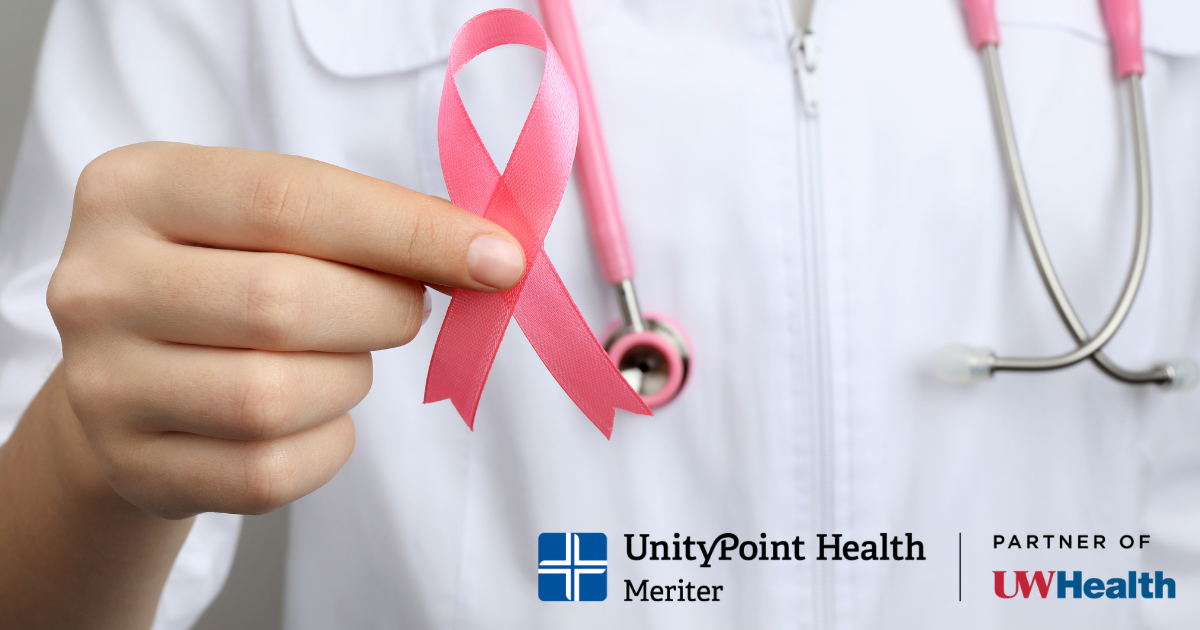Guidelines for when to get screened and what to expect at a breast cancer screening
It’s October, a time when we honor Breast Cancer Awareness Month and a good time to talk about regular screenings, the best way to detect breast cancer early, so you can find and treat a problem before you feel it.
 **This post is in partnership with myunitypoint.org
**This post is in partnership with myunitypoint.org
If you are aged 40-49, we recommend that you consult with your primary care physician to determine a breast cancer screening plan for you.
The United States Preventions Services Task Force (USPSTF) suggests that for an average risk person, the most beneficial mammogram results are from biennial screenings.
For an average risk person 50 and older, it’s recommended to have a mammogram at least every other year.
Every person is unique, so it’s important to talk to your doctor about your risk factors and how often regular screening might be necessary.
At our Monona Clinic, patients can receive a 3D mammogram, which offers two compression paddles, including a smart curve option, which can provide a more comfortable exam.
Some tips to have a more comfortable mammogram:
- Skip daily products. Powders, lotions, perfumes and deodorants have substances that can show up as white spots on the x-ray, making it more difficult to read.
- Wear a two-piece outfit. During your mammogram, you will need to undress from the waist up, so it’s best to leave dresses in the closet on mammogram day.
- Don’t wear jewelry. Because a mammogram uses x-ray to get a picture of your breasts, you’ll need to remove earrings or necklaces for the exam.
Results:
If you get normal Mammogram results, you can discuss the best continued screening schedule with your doctor. During each mammogram, your health care team will compare results from past mammograms to see any changes in your breasts over time.
If your mammogram comes back with abnormal results, it doesn’t mean you have breast cancer. Your doctor will likely require additional tests, to get a better understanding of any changes.
To schedule an appointment with your primary care doctor to discuss the best screening options for you, call 608-417-6288 or visit myunitypoint.org.












